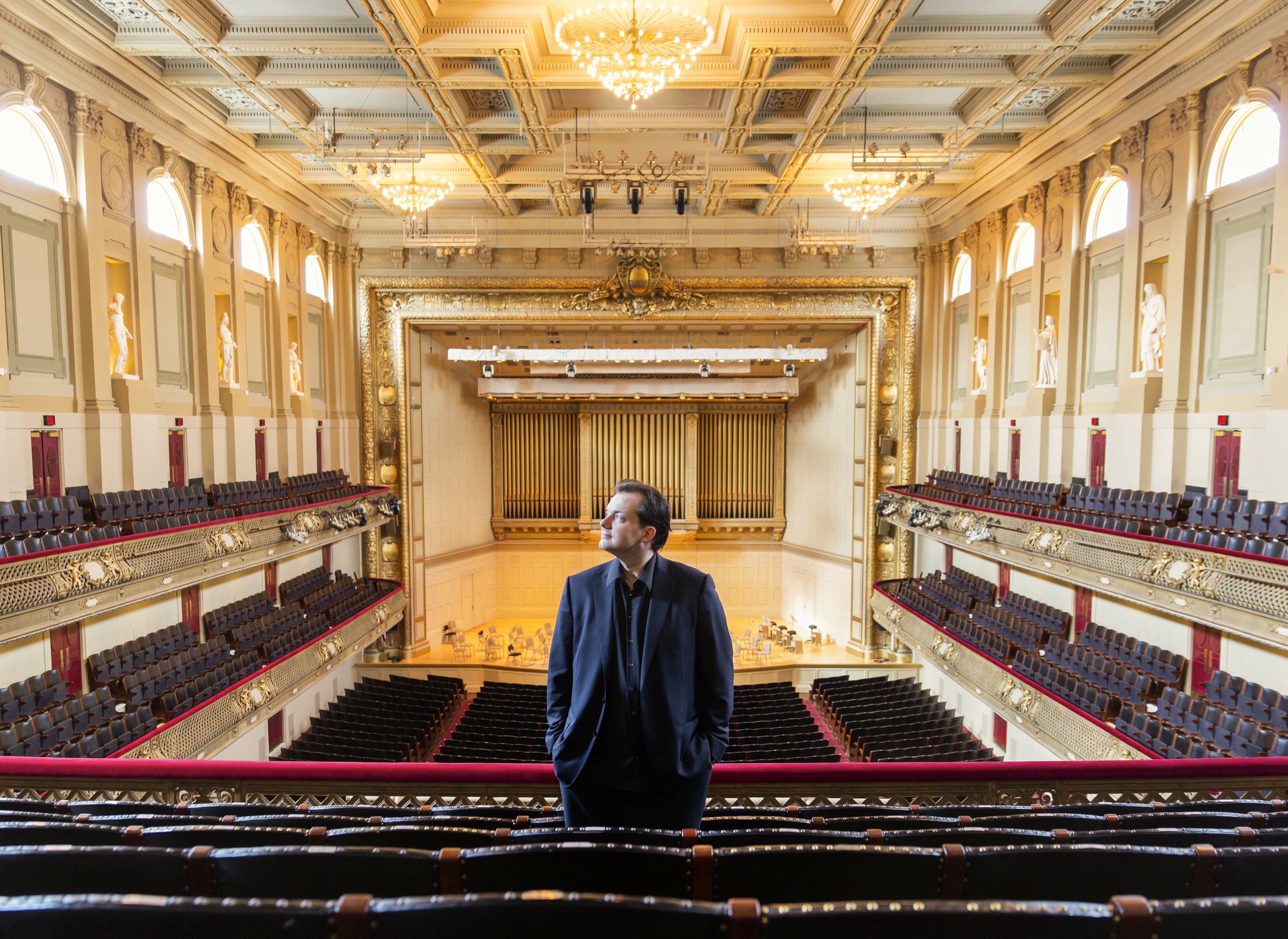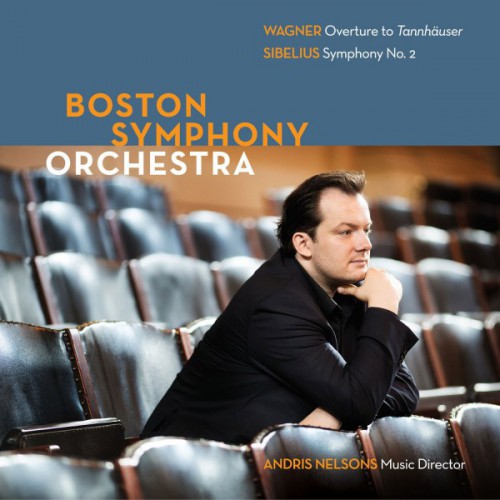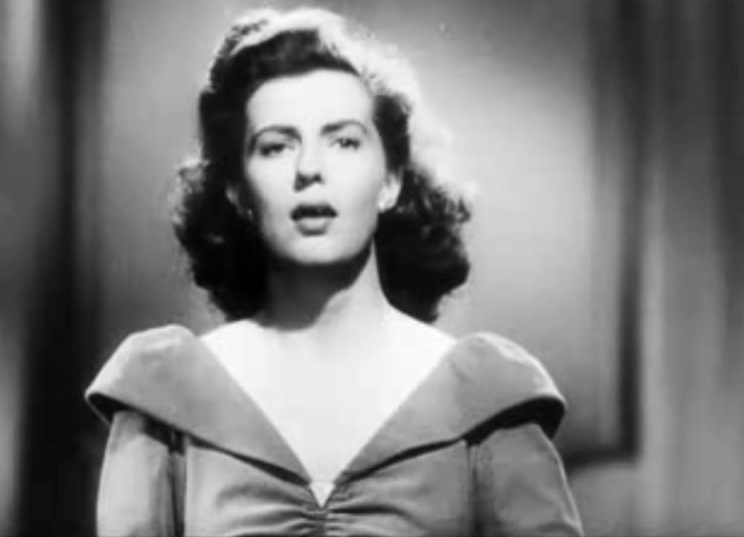
Category: Opera
Cai Thomas and the Bourne Ensemble: “Lascia ch’io pianga” (Handel)
Video
“Well, the Welsh do sing, do they not?” I murmured to myself, upon starting to listen to this rather astonishing performance. And when he got to the embellished repeats… I was not speechless!
The YouTube identifies the young “treble” (here in the US, we say “boy soprano”) Cai Thomas as Welsh; and, as far as I know, Cai is a very Welsh given name; but he appears to live in Surrey. He started singing in a local church choir at age seven; at age 12, a Kickstarter campaign made Cai’s début CD possible.
I first learned of Cai from classical-music publicist Sarah Folger, who sent me an email about an Arvo Pärt single-track release (“Vater unser,” Arvo Pärt’s setting of the “Our Father”) that was recorded under pandemic lockdown conditions, with Cai in the UK, and pianist Julien Brocal in Brussels.
More on the Handel aria, and on the Pärt piece, after the jump. Continue Reading →
Abraham Lincoln, a True Opera Lover (Really!)
This can serve for St. Valentine’s Day, and for President’s Day too!
Abraham Lincoln might have been a log-splitter who had been born in a log cabin; but, at some point in his adult life, Lincoln turned into a true opera lover. (Please remember, opera was what entertained people before movies came along.) In the month before he was murdered, Lincoln was at Ford’s Theater to hear Mozart’s opera The Magic Flute (which had to have been sung in German, because there was no English-language performing version at the time).
More? Lincoln’s favorite opera was von Flotow’s Martha, which was performed as part of the festivities attending his second inauguration. Although German in language, Martha was French in style, with a setting and a plot entirely made up of English-Romantic story elements, such as the two bored upper-class girls who, on a lark, decide to enlist as hired servants. Yeah, right. Of course, one girl finds true love, fast. The upper-crusty beloved, of course, has agonies over his having fallen in love with a serving girl. But, how can our well-born heroine admit that she was an imposter? Or impostress?
Lincoln loved it. He most likely heard it in the original German, though Martha was such a wildfire hit that versions in French and Italian came quickly (with English a bit later). Even later, Enrico Caruso made parts of the Italian version popular hits on record from 1906 on.
More, after the jump. Continue Reading →
Marita Sølberg: Opera Arias

(Courtesy www.maritasolberg.com; photo credit Felix Broede.)
Marita Sølberg: Opera Arias
Opera arias by Catalani, Mozart, Gounod, Bizet, Leoncavallo, Puccini, Bellini, Rachmaninoff, Dvořák, Verdi, and R. Strauss.
Norwegian National Opera Orchestra
John Fiore, conductor
CD Simax Classics PSC1336
Say “Hello” to Marita Sølberg!
Marita Sølberg’s name was unknown to me when I stumbled upon her upcoming new release (which came out last Friday) on Naxos’ (Simax’ US distributor’s) ultra-top-secret, password-protected publicity website, which is, I am told, hosted on a server in the kitchen of an excellent barbecue place down near Chattanooga. The track list contained both old favorites and a couple of unknown arias, so I dutifully hit “Download.”
The program starts with a very well-played (Norwegian National Opera Orchestra; John Fiore, conductor), well-recorded orchestral introduction to the famous Puccini-esque aria “Ebben; Ne andro lontana” from Catalani’s obscure-except-for-one-aria opera La Wally. So far, so good.
Then, Miss Sølberg started to sing, pensively and almost languidly. Oh dear me. This one does not go into the “Discard” pile… . (More than half of the new recordings I listen to, I pass over in silence.)
Generous sound clips and more, after the jump. Clickez!
Singing just doesn’t get better than this…

I have chosen to kick off my Music-Video Fridays series with Anne Sofie von Otter, from her live-in-Paris 2004 DVD Voices of Our Time—a Tribute to Korngold. (A photo of Miss von Otter is the image on the home page “Featured Content” tile for Music-Video Fridays.)
The daughter of the Swedish diplomat Baron Göran Fredrik von Otter, Anne Sofie von Otter studied at the Guildhall School of Music and Drama, and made her début as Alcina in Haydn’s Orlando paladino in Basel in 1983.
In addition to her notable successes in the oratorio and opera music of Bach, Bartok, Elgar, Handel, Monteverdi, and Mozart, von Otter’s art-song repertory encompasses Brahms, Grieg, Korngold, Mahler, and Sibelius. In 1993, her Grieg song-recital CD (with Bengt Forsberg) became the first song recording ever to win Gramophone magazine’s “Record of the Year” award. Were that not enough, she has also collaborated with Elvis Costello, and with Brad Mehldau.
Speaking of Tannhäuser…

Wagner: Overture to Tannhäuser
Sibelius: Symphony No. 2
Boston Symphony Orchestra, Andris Nelsons
CD, Download, and MCH Download from BSO Classics
(Individual tracks also available)
They say that if you want to grow up to be good-looking, it helps to have good-looking parents. The same is often true in the case of talented musicians. Examples abound—both positive and negative.
For every childhood violinist or pianist who matures into a well-balanced, happy, and productive member of society, there seems to be at least another (if not more than one) whose high solo flight is followed by an Icarus-like plunge to earth. The line between parents who are loving sources of inspiration and “The Stage Parents From Hell” is not always easy to see. Imparting discipline is one thing; imposing tyranny is another.
Why name your blog “The Tannhäuser Gate”?

“The Tannhäuser Gate” is a throwaway reference from near the end of Ridley Scott’s 1982 film Blade Runner. “Tannhäuser” is a reference to Wagner’s opera dramatizing the life of the Medieval German singer of that name.
Blade Runner and Wagner—what’s not to like?
I think that Blade Runner is the greatest science-fiction movie of all time. I think that, because it creates a completely believable future world that is arrestingly foreign, but hauntingly familiar. At the same time, the story almost subliminally makes us uncomfortable about our collective past. Obviously, book author Philip K. Dick tapped into deep historical and cultural currents involving not only what it means to be human, but also, “how then should we live”—in the sense of act or behave. Ironically, in the end, it is a non-human who behaves heroically.

